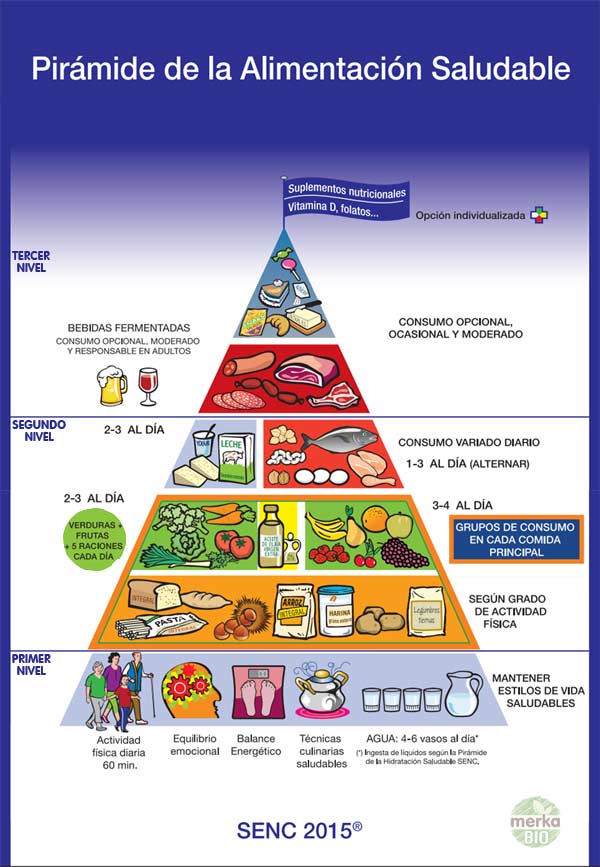The term “malnutrition” refers to a state in which a deficiency, excess or imbalance of energy, proteins and other nutrients. According to the Food and Agriculture Organization of the United Nations (FAO) more than 2 billion people on the planet suffers some form of malnutrition. When we think about malnutrition, children or adults with undernutrition come to our minds. However, malnutrition can occurs either due to a lack of certain essential micronutrients, e.g vitamins and minerals (dietary deficiency), insufficient calorie intake to ensure normal growth and life (undernutrition) or an excess of consumption of calories (overnutrition).
Nutrition-related diseases are becoming more prevalent in the world and are a serious problem, and overweight and obesity that were related to food abundance, are now a reflection of a clear malnutrition.
According to data from the World Health Organization (WHO), since 1980 obesity has doubled worldwide. Specifically, by 2014 more than 1,9 billion adults (aged 18 and over) were overweight, more than 600 million of them were classified as obese. In the same year, it was established that 41 million children under 5 were overweight or obese.
The global cost of malnutrition is about $3,5 billion per year due to associated public health costs and lack of productivity.

Overweight malnutrition is a prevalent problem and increases the risk of developing metabolic diseases such as diabetes, hypertension, coronary heart disease and stroke, atherosclerosis, and is linked to several cancers due to excess of calories or lack of nutrient balance from the diet.
Economic crisis, political and social factors, cultural and biological conditions are some of the factors that influence the evolution of this problem. In our developed world, the causes that characterize malnutrition are directly related to low nutritional quality diets characterized by an excess in consumption of fat, carbohydrates, low consumption of good quality proteins, vitamins, minerals and fibre and a decrease in physical activity.
New busy life style, increased intake of high-calorie foods (in some countries healthy foods are more expensive than processed food) or inactivity are factors that have contributed to the emergence of this problem.
During the last decade, a boost has been made on nutrition as a key to the development of countries. In 2015, however, the goals for sustainable development were to achieve the end ALL forms of malnutrition by 2030, challenging the world to think and act differently on malnutrition and to end all forms of malnutrition.

Nutrition begins with what we eat. Good nutrition gives us the energy we need to live and is the first defense against diseases. Adequate nutrition is essential for good health and, likewise, poor nutrition can affect the occurrence of diseases or physical and mental underdevelopment, especially in the case of children.
Food is the way to promote health. Recently the Spanish Society of Community Nutrition (SENC) has presented the dietary guidelines and the new nutritional pyramid on which basis, of course, includes daily exercise and emotional balance.
The nutritional pyramid should be our spiritual guide to achieve an adequate nutritional balance. However, the new pyramid also raises some issues such as the presence of sausages or coldmeats as part of daily servings of protein sources, or the presence of the scary industrial pastries, sweets and sugary drinks, or salty snacks as an “optional and moderate consum” and especially the appearance of the nutritional supplements flag waving at the top of the pyramid…
Undoubtedly, there are actions that have long been necessary to eradicate this problem associated with food and that require the full involvement of the competent authorities. For example, the urgency in defining nutritional profiles that would limit food producers’ ability to make use of nutritional claims in low-nutrient products, or limiting children’s advertising of calorie foods (action, of course, which WHO has already taken with “fast food” companies) or pressure on the food industry to reformulate certain products (part of this road is already under way).
On the other hand, the necessary (I would say even mandatory) empowering of consumers on nutrition education in order to choose healthy food and diets to obtain an adequate nutritional balance. Internalize the importance of a proper nutrition, choose fresh seasonal products (and if possible, local food), limit (or do without) the consumption of foods that are not necessary (they are almost certainly calorie-rich and very cheap food), check nutritional labels and practice some regular physical activity.
- #WorldFoodDay; How can I help? - 16 October 2025
- A better life and a better future; right to foods - 16 October 2024
- Food reformulation; a step forward, that it is possible - 21 May 2024

Very true. Traditional food are very healthy and these food balances our nutrients.